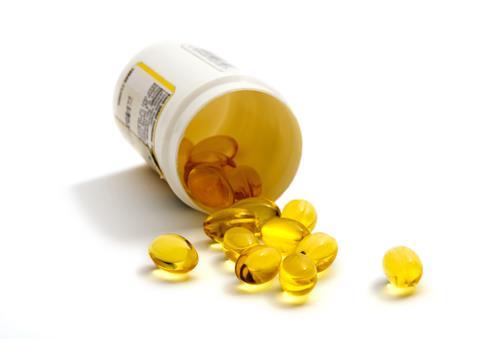
As with facial tissues, a sniffles renaissance has done wonders for sales of cold & flu remedies. A full year of no lockdowns, mask mandates or social distancing has helped the market add £218m. That more than covers the £197.6m loss in last year’s report – the biggest absolute decline of 2021.
Sector leader Lemsip shifted nine million more packs, while nearest rivals Strepsils, Sudafed and Benylin saw a combined 12 million extra units go through tills.
This is understandable, explains NielsenIQ senior analyst Ryan Milburn. With “the peak of the pandemic now firmly behind us” and a return to normality, so too comes the return of illnesses that thrive on human proximity and recycled air in offices, shops, public transport and the like, he says.
“This year’s over the counter growth is partly down to winter categories returning to growth, after shoppers feel more at ease with social interactions, coupled with less focus on Covid-19 precautions.”
And there’s more growth to come, predicted Jeff Carr, CFO at Lemsip owner Reckitt Benckiser, in October. “Right across our cold and flu brands, we are performing well in terms of consumption,” he said. “I expect that will continue.”
That much is suggested by the performance of brands against own label. While shoppers have switched to cheaper alternatives across a multitude of other categories, big names continue to be favoured in cold & flu remedies – marginally. Brands grew volumes 52.1% and value 72%. Own label, by comparison, grew 51.1% in units and 62.2% in value.
But as the cost of living crisis escalates, the shape of the sector could look very different in 2023, suggests Milburn. “The rising cost of living will ultimately disrupt the whole category, coupled with brands inevitably having to raise prices,” he says.
“We’re yet to see the long-term effects of these cost rises, but I would expect to see shoppers tighten their OTC spending – potentially moving away from branded options to cheaper private label alternatives.”
This isn’t something that will worry makers of paediatric oral analgesics, where brands are the only game in town. Shoppers have picked up 11.1 million extra packs – for much the same reasons as cold & flu’s gains.
Market leader Calprofen more than doubled its value, after shifting eight million more units. Calpol and Nurofen also enjoyed significant growth, buoyed by average pack prices rising by as much as 8%.
Despite this rise in post-pandemic lurgy, shoppers were less keen to boost their immune systems than they were during the height of Covid-19.
The vitamins & supplements category lost 4.2% of its volumes, and some major brands fared worse. Seven Seas, Centrum, Haliborange and Bassetts all suffered double-digit volume drops, shedding a total of 1.8 million packs.
At the same time, they faced competition from a wealth of challenger brands hoping to shake up the staid vitamins & supplements market. Take Hux, which co-founder Damien Byrne says provides Brits with a “daily edge” through the likes of its Nootropics range (see Top Launch, left).
Then there’s Nutrigums. Its vitamin-packed gummies allow consumers “to truly benefit from looking after their health and wellbeing now in such a convenient and delicious way, anywhere on the go,” according to the brand’s co-founder, Fabian Whittingham.
Sexual health
As cold & flu viruses have been in the air this year, so too has love. Or passion, at least. That’s evidenced by the condom sales swelling 10.1% in value on volumes up 6%.
Most growth came from Trojan, which rose up the rankings to become the fourth brand, up from last year’s 14. This was driven by the launch in May of its Magnum Large Size range, backed by a push that saw condoms light-projected on to London landmarks.
Volume sales of lube & gel also eased back into the black, with names such as Canescool, Femfresh and Hyalofemme seeing triple-digit growth. “Many of the top growing brands in the category relate to health-related products gaining distribution,” explains NielsenIQ analyst Eric Mills.
The more pleasure-oriented players, however, weren’t so lucky. Mates and Playboy were among those suffering losses in volume and value. “The majority of brands in decline were driven by distribution and range reviews and product mix changes,” Mills adds.
Seems they don’t turn on the supers like they used to.
Top Launch 2022
Nootropics | Hux
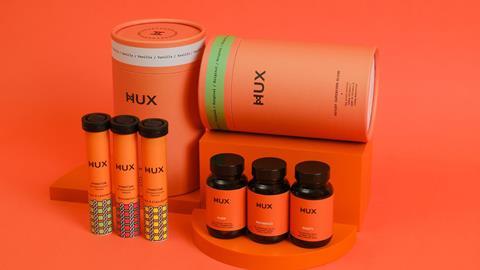
Nootropics – sometimes known as ‘cognitive enhancers’ – initially rose to prominence in the world of esport. DTC startup Hux hopes to broaden the appeal of these brain-boosting supplements, targeting not only those in gaming chairs but in office chairs, too. The hero ingredients in the two-a-day capsules – of which there are 40 in a £45 jar – are citicoline, which has been found to have various brain health and attention benefits, and medicinal mushroom lion’s mane.
Topics
The Grocer Top Products Survey 2022: How can brands stay in focus?
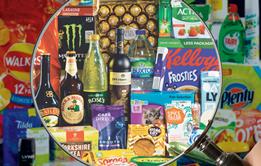
Commodity price hikes, the war in Ukraine and inflation have changed the way Brits shop in the past year, while also piling pressure on suppliers and retailers. Which brands and categories have negotiated the system shock best?
- 1
- 2
- 3
- 4
- 5
- 6
- 7
- 8
- 9
- 10
- 11
- 12
- 13
- 14
- 15
- 16
- 17
- 18
- 19
- 20
- 21
- 22
- 23
- 24
- 25
- 26
- 27
- 28
- 29
- 30
- 31
- 32
- 33
- 34
- 35
 Currently
reading
Currently
reading
Personal care – health and sex 2022: Sniffles drive boom for cold cures
- 37
- 38
- 39
- 40
- 41
- 42
- 43
- 44
- 45
- 46























![Cheese ]GettyImages-664658023](https://www.thegrocer.co.uk/Pictures/80x50/1/8/6/282186_cheesegettyimages664658023_540979.jpg)













































![Cheese ]GettyImages-664658023](https://dmrqkbkq8el9i.cloudfront.net/Pictures/80x50/1/8/6/282186_cheesegettyimages664658023_540979.jpg)






























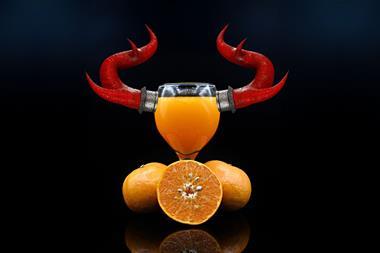

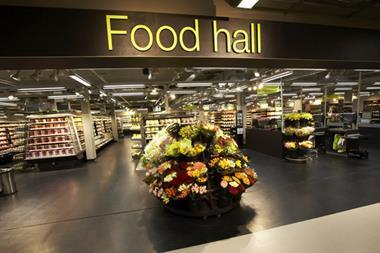







No comments yet